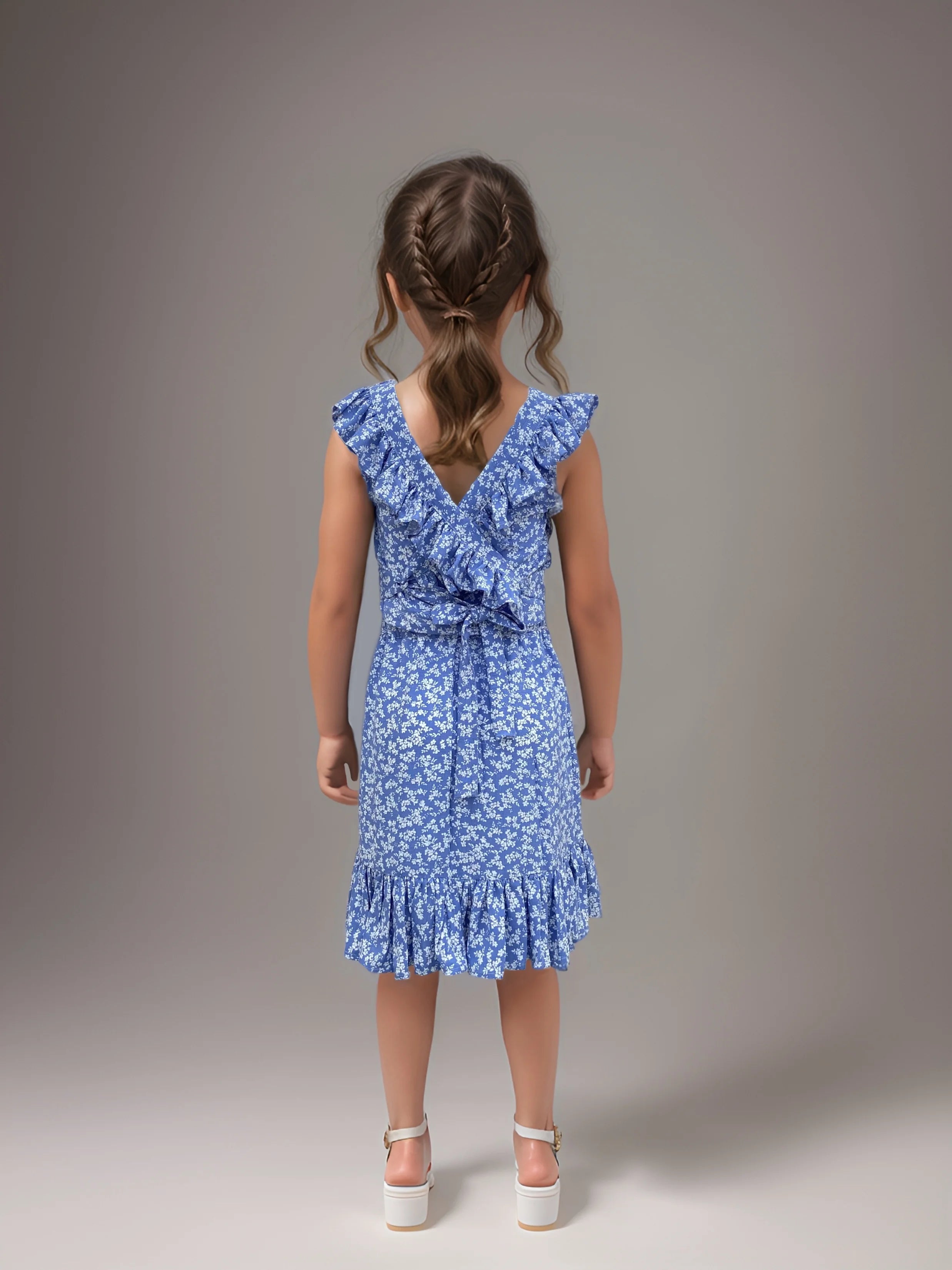Parenting Tips : Avoiding Mistakes That Encourage Lying
As a child we have all came across stories and tales involving children who lied and got consequences of their actions. From Pinocchio, to The Boy Who Cried Wolf,It is no surprise that these morality tales are so popular. “Honesty is the best policy”, we have all grown up listening to this universally valued trait. Parents want their children to be honest. So, the first time that a parent encounters the child is lying, it may come as an unpleasant surprise. This sometimes even triggers the parents to punish the child for their actions. “ Why do children lie? Sometimes they lie because they’re not allowed to tell the truth.” Says Haim G. Ginott
Why do Kids Lie?

Some Facts About Lying
Telling lies is omnipresent. It generally starts at a very young age and develops rapidly with years. “Little children often lie from lack of memory,” says August Strindberg , A Swedish writer.
There are some common beliefs we have about children and lying.
- Children lie only after entering elementary school.
- Children are poor liars.
- If children lie at a very young age, there are chances they are going to become pathological liars for life.
Studies show that these beliefs are wrong. Bandura’s (1977) social learning theory proposed that children acquire social behaviours through their experiences and observations of others’ behaviours, particularly if the observed person is someone they admire.
Psychological studies have shown that lying is a normal part of childhood. In fact, it's a developmental process. It is only possible for children to have developed some self-control and the ability to be compassionate to another person’s mental state.
Matthew Rouse, PhD, a clinical psychologist reports,“It’s a new thing where they were pretty truthful most of the time before and then suddenly they’re lying about a lot of stuff.” Though this might be tough for parents , if they try to understand why kids lie and be prepared to deal with the issue ,they can get to the truth.
Sometimes kids can really believe they’ve done something and tell what sounds like a lie, Dr. Brady adds.“Sometimes they’ll really just forget. I have kids who say, ‘To tell you the truth, Dr. Brady, I thought I did my homework. I really thought I did. I didn’t remember I had that extra work.” When this happens, she says, they need help supplementing their memory by using techniques such as checklists, time limits and organizers.
Dr. Rouse says one reason children lie is because they’ve discovered this novel idea of getting away by telling lies and are trying it out, just as they do it again to see what happens. “They’ll wonder, what happens if I lie about this situation?” he says. “What will it do for me? What does it get me out of? What does it get me?’”
Why do children lie?
“Parents should not lie to their children, not even when they think it’s for their own good, even a little lie is dangerous,” quotes Pablo Casals. Researchers have found that lying increases with age. Some studies suggest that parenting may have a deep impact on children’s outcome. Parental lies have been closely associated with more lying behaviors in children.
Here are a list of common reasons reason that might be associated with it
-
To cover up their mistakes: Children lie to cover-up and escape from getting punished. It is mostly influenced by how they are treated for revealing their mistakes. They try to cover up their mistakes due to the fear of punishment. Parents should try to create an environment where kids feel accepted even after making mistakes.
-
To get noticed: Children may rely on lies for getting noticed by their parents. They may blatantly lie for the sake of attention-seeking. In today's world, most of the parents rely on daycare for taking care of their children. As a result they do not get enough time for their children. In such cases, children to grab the attention of their parents.
-
Fear of punishment: Children fear getting punished for their mistakes. To avoid getting punished, they often lie to hide their mistakes. Try not to punish your child if you catch them telling lies. Because this might impact on the child’s mental health.
-
To feel loved: Children fear that if they did something wrong, they might be judged for it. They also fear that the other children of their age are loved more for certain things, and if they are not able to do the same, they tend to lie to feel loved.
-
They feel trapped: If too many restrictions are imposed on kids, they feel restricted. They are likely to lie to avoid those restrictions. Imposing too many restrictions should be avoided by parents to help children avoid lies.
-
To brag about things: Sometimes kids try to exaggerate in order to falsely claim certain things when they feel they are not appreciated enough. They try to brag about even the smallest thing to make get a sense of acceptance.
-
To fit into peers: There are times when children find it difficult to fit into peers and they resort to lying in order to grab attention from friends. They lie about certain things to feel accepted among peers.
- To avoid doing things they do not like: Children often lie to avoid doing unlikable tasks such as homework or other extra curricular activities. Try to engage them with stuff they enjoy. Try to make doing homework a fun activity rather than a boring one.
“Kids cannot persevere unless they know mistakes are part of life. Talk about your child's mistakes without criticizing, showing anger, or shaming. Then give constructive feedback on how to improve,” Inspired by Michele Borba, a Psychologist and a writer.
How to help your kids avoid lies?
- Always Acknowledge their mistakes and help them make it right .
- Avoid punishments as much as possible.
- Make them familiar with moral values and encourage them to always tell the truth.
- Try to distinguish the types of lies and the reason behind them.
- And most importantly, Practice what you Preach.
“As parents it is our duty to teach our kids the virtue of honesty and truthfulness from an early age.One day, your child will make a mistake or a bad choice and run to you instead of away from you. And in that moment, you will know the immense value of peaceful, positive, respectful parenting.” says L.R. Knost
If you caught your child lying, consider them as opportunities to impart the values of honesty and righteousness in them. By avoiding punishments and showering them with love and compassion, they are more likely to give up the habit of lying and take up moral values.
Happy Parenting!





























